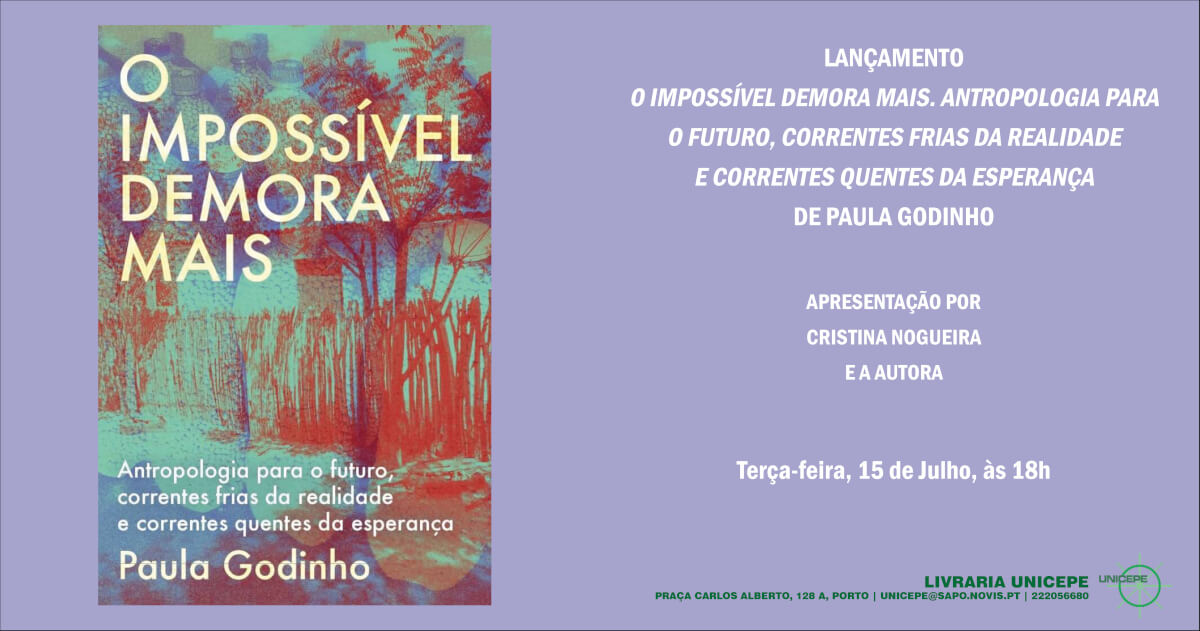
As Consequências Políticas do Pós-Guerra em Setúbal
Oct 16, 2019 | Chapters, Publications

As Consequências Políticas do Pós-Guerra em Setúbal: da “Monarquia do Norte” à Evolução Eleitoral (1919-1922) [The Political Consequences of the Post-War in Setúbal: from the “Northern Monarchy” to the Electoral Evolution (1919-1922)]
- Diogo Ferreira
- Despojos de Guerra: As Consequências e Sequelas da Primeira Guerra Mundial. IDN Cadernos Nº 34 [Spoils of War: The Consequences and Sequels of the First World War]
- Ana Paula Pires, António Paulo Duarte & Teresa Nunes (Coords.)
- 2019
- Lisbon: Instituto da Defesa Nacional
- Language: Portuguese
- ISBN: 978-972-27-1994-0
- 75-94 p.
Excerpt:
O Armistício assinado a 11 de novembro de 1918 não representou a interrupção do conjunto de dilemas que o Estado e a sociedade portuguesa enfrentaram durante a Grande Guerra: crise de abastecimentos e fome de “subsistências”, desordem e motins populares, instabilidade política ou crónica dependência externa em diversos parâmetros económicos. De facto, estas questões prolongaram-se no tempo, motivando profundas transformações no seio do regime republicano. “Era, na realidade, uma nova República, assente em novas realidades económicas, grávida de conflitos sociais e políticos sem precedentes – os conflitos da modernidade do pós-guerra –, servida por novos quadros políticos forjados na crise” (Rosas, 2010, p. 410). As metamorfoses partidárias verificadas nestes anos, nomeadamente a fundação do Partido Liberal – fusão de evolucionistas e unionistas – e o surgimento da cisão correspondente ao Partido Reconstituinte são exemplos do clima de discussão e mutabilidade que marcaram os derradeiros tempos da Primeira República.
About the book:
A publicação temática propõe uma reflexão, em perspetiva comparada, sobre os impactos da Primeira Guerra Mundial e a paz que se seguiu, quer pela positiva, quer pela negativa. Como referem os coordenadores deste projeto, “só refletindo sobre os significados mais profundos que integram a guerra se podem arquitetar as estruturas da paz”.
Other Publications
Search
Events
julho, 2025
Tipologia do Evento:
Todos
Todos
Colloquium
Conference
Conference
Congress
Course
Cycle
Debate
Exhibition
Launch
Lecture
Meeting
Movie session
Open calls
Opening
Other
Presentation
Round table
Seminar
Showcase
Symposium
Tour
Workshop
- Event Name
seg
ter
qua
qui
sex
sab
dom
-
1
2
3
4
5
6
7
8
9
10
11
12
13
14
15
16
17
18
19
20
21
22
23
24
25
26
27
28
29
30
31

Detalhes do Evento
Paula Godinho‘s new book will also be launched in Porto, at the UNICEPE bookshop, with a presentation by Cristina Nogueira. O
Ver mais
Detalhes do Evento
Paula Godinho‘s new book will also be launched in Porto, at the UNICEPE bookshop, with a presentation by Cristina Nogueira.
O Impossível Demora Mais
Antropologia para o futuro, correntes frias da realidade e correntes quentes da esperança
Nada há de normal ou natural no desvanecimento da esperança. Neste livro, a autora parte da realidade atual da grã-crise para ensaiar uma crítica aos princípios que ordenam o tempo, entre o que pode acontecer, desacontecer e reacontecer. Os futuros desafiam-se, e a memória pode ser um terraço para outra coisa ainda, para escapar ao provável, apresentado como uma condenação. A construção do possível e mesmo do impossível remete para etnografias da resistência, em lugares concretos e entre pessoas concretas, com recurso a subjetivações libertadoras. Procuram-se fulgores que trazem dentro o jogo, a brincadeira e a festa, como invenção de mundos por vir, que poderão servir de tocha para esboroar incertezas e esboçar uma teoria das disputas do futuro, entre qualidades do tempo, rastos que são também rastilhos, rumos para a ação coletiva, esperança que é verbo e construção, prática e concretização. Finalmente, traz dentro a pressa que se põe num remate acerca do impossível, que é necessário.
Mais informações sobre o livro
Tempo
(Terça-feira) 6:00 pm - 7:00 pm
Organizador
Tigre de Papel Press and UNICEPE Cooperative
News
Manuel Loff receives Porto’s Medal of Merit
Jul 14, 2025
He was one of the personalities honoured by Porto City Council
Ricardo Noronha leads team to study “petromodernity”
Jul 7, 2025
The PETROSINES project was one of the six History projects that received funding from the FCT
Statement about the demolitions in the Bairro de Santa Filomena
Jul 3, 2025
Statement from the team of the project FILMASPORA
CONTACTS
WORKING HOURS
































































































































